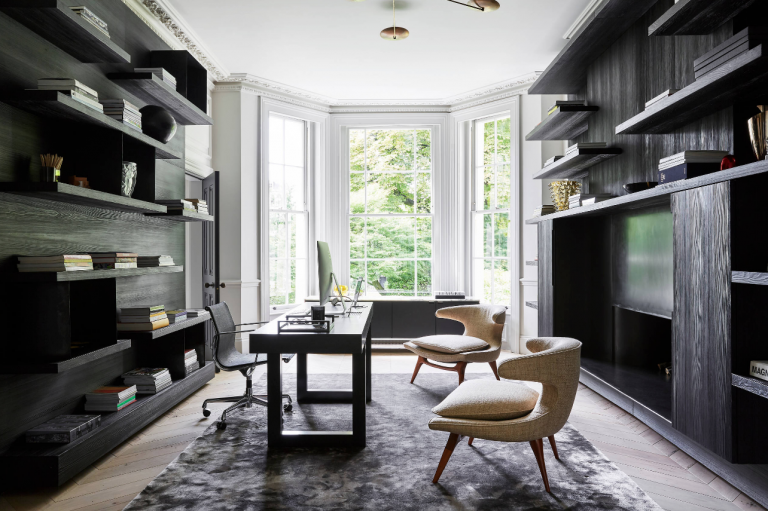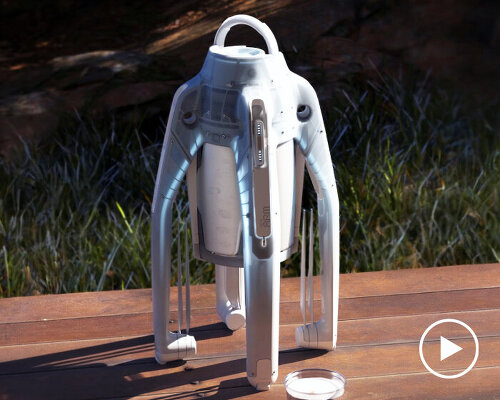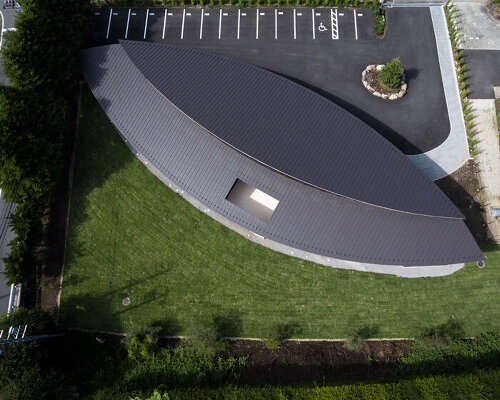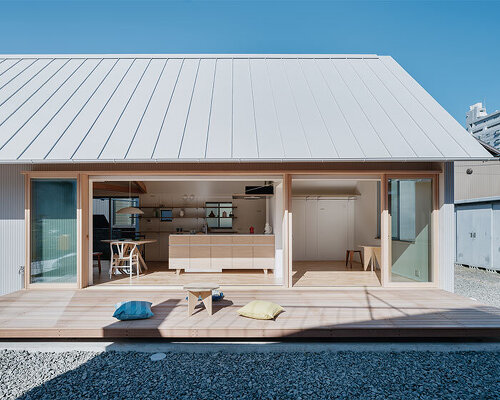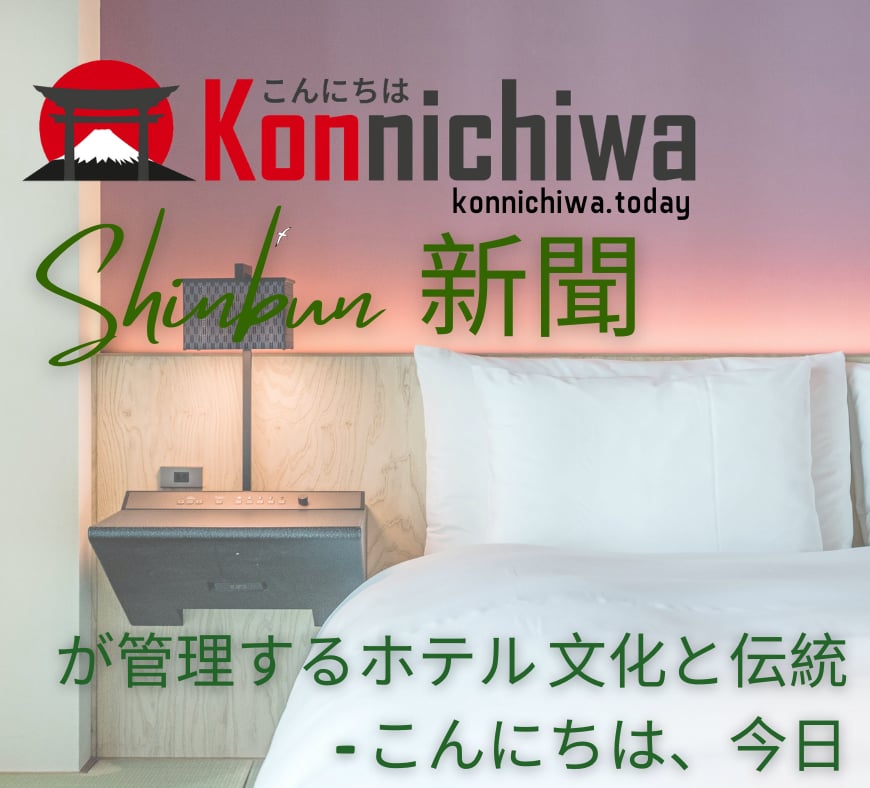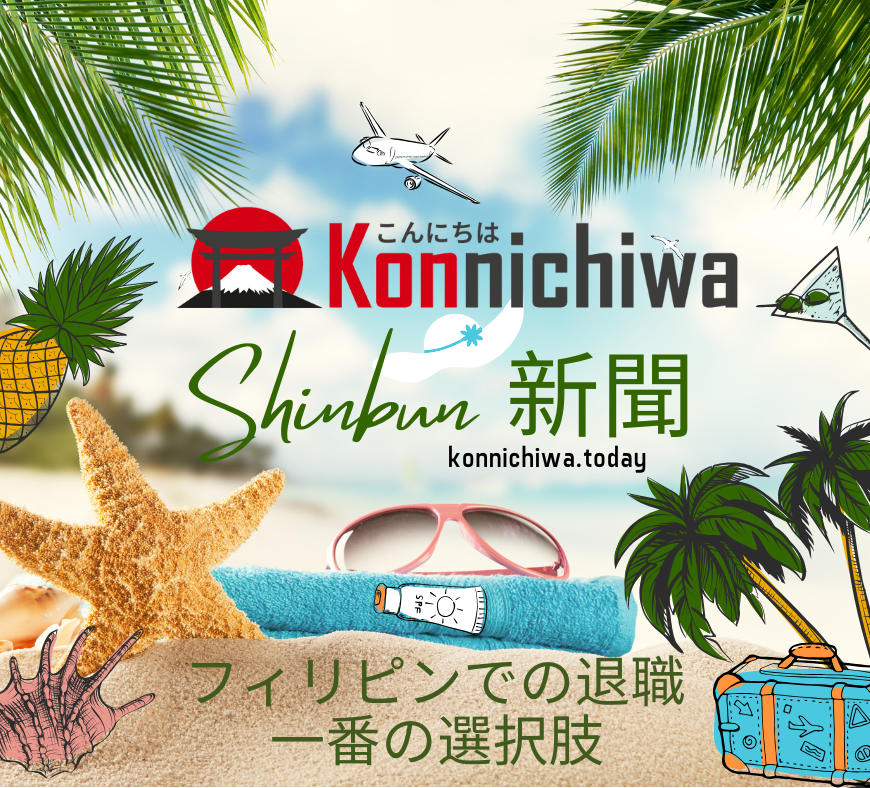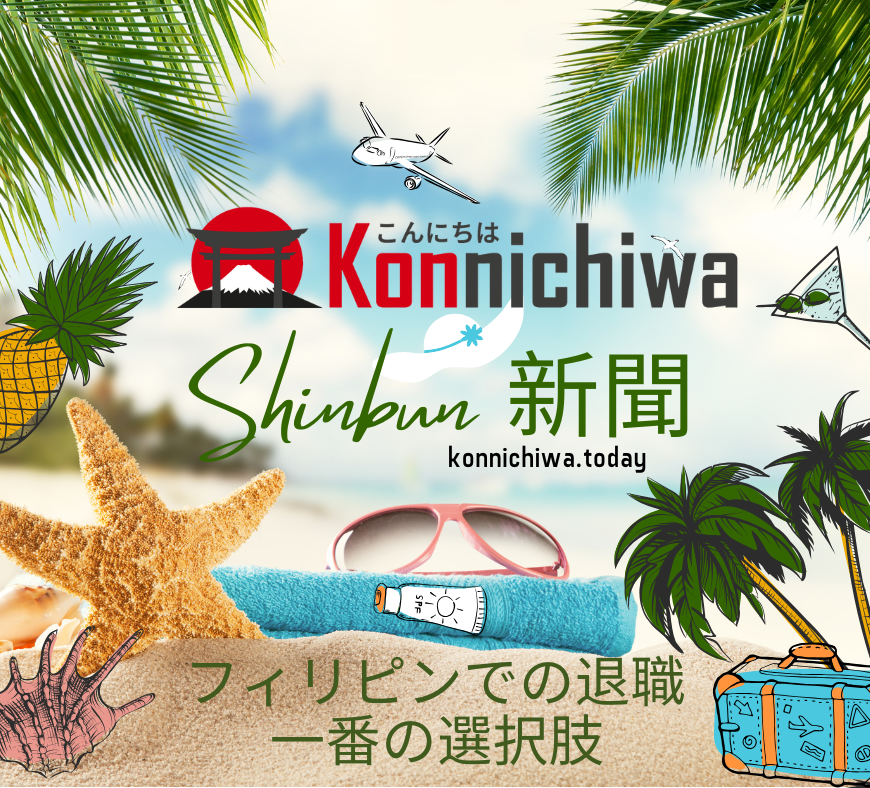Talk of tariffs hangs over summer edition of Atlanta Market

ATLANTA — It wasn’t all about tariffs at the recent edition of Atlanta Market, but it was pretty close.
As vendors and retailers gathered recently at AmericasMart for the summer show, they did so under the pall of the ongoing struggle of trying to run their businesses under the constantly changing situation with tariffs on the goods they make and sell.
Tariff talk dominated most conversations for market goers at a show that is historically slower than its winter counterpart and pretty much lived up to that. Still, there was a somewhat better mood in the showrooms and hallways of AmericasMart, perhaps reflecting the fact that retail business is still relatively robust.
When it came to actual buying and selling, the signs were apparent that the tariff era is here and in full bloom. Most vendors had instituted pricing surcharges as low as 5% and ranging up to 15%t. The surcharge nomenclature was a reflection of the hope that these were temporary measures rather than more permanent hikes.
Still, pricing remained a work in progress. On the eve of the market week, new duties were announced by President Donald Trump for a wide variety of nations that have been gift and home décor stalwarts, including Canada and Mexico, as well as European Union countries. Lesser trading partners from Brazil, Japan and South Korea were also hit. All of these measures resulted in yet another round of repricing from vendors, often canceling out lists that had been drawn up only days prior.
New price lists weren’t the only tactic suppliers used to drive business. Any number of them promoted their domestic sourcing or the fact that they still had pre-tariff goods in stock and were willing to wheel and deal. Other companies had “No tariff surcharges” signs, placards and promotional messaging at their entrances.
For some suppliers, it was more a matter of having inventory, whatever it was priced at, especially for holiday. And personal care brand Beekman 1802 was promoting its “G.O.A.T. Wisdom” book at the front of its showroom, a play on the anachronym Greatest of All Time but also a subtle wink at the fact that most of the company’s products are made of goat milk.
The book said retailers just needed to get back to the basics of running their businesses: “I realized that the threat or continuation of tariffs just emphasizes how important basic business fundamentals are to retail success,” its founder wrote, emphasizing basics like better store “curation” that creates a more distinctive merchandise mix and “storytelling” to create a value story even if prices have increased.
Still, the tariff talk persisted. At a seminar during the week, “Tariffs and Trade: What Gift & Home Retailers and Suppliers Can Do to Succeed,” the panel suggested that businesses needed to be ready to deal with these new obstacles.
Satya Tiwari of Surya, which owns Global Views and Mitchell Gold + Bob Williams, said it was looking to do more domestic production where it could, especially in upholstered goods, although he acknowledged that components still come from overseas, making the process difficult. The company also expected to bring in more goods from India, its primary sourcing partner, rather than China.
One panelist, Doug Cofiell of Ivystone, said most of his brands had exhausted their pre-tariff inventories and that ordering would be more difficult going forward. He added, with a bit of sly smile, that the best thing retailers could do to get through this was “not to watch the news all the time.”
That may have been the best advice of the week.


